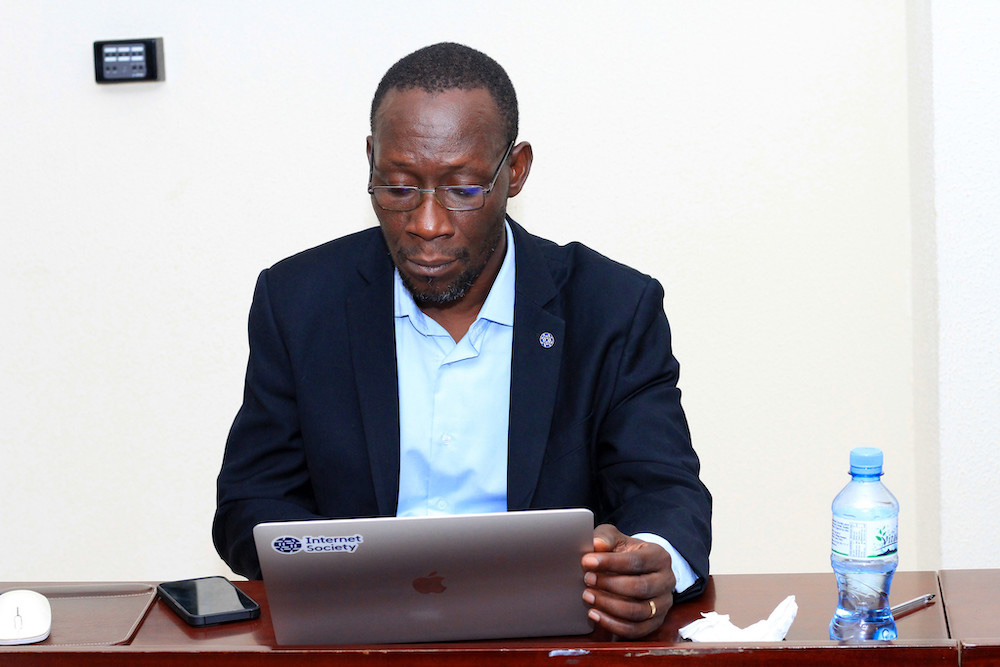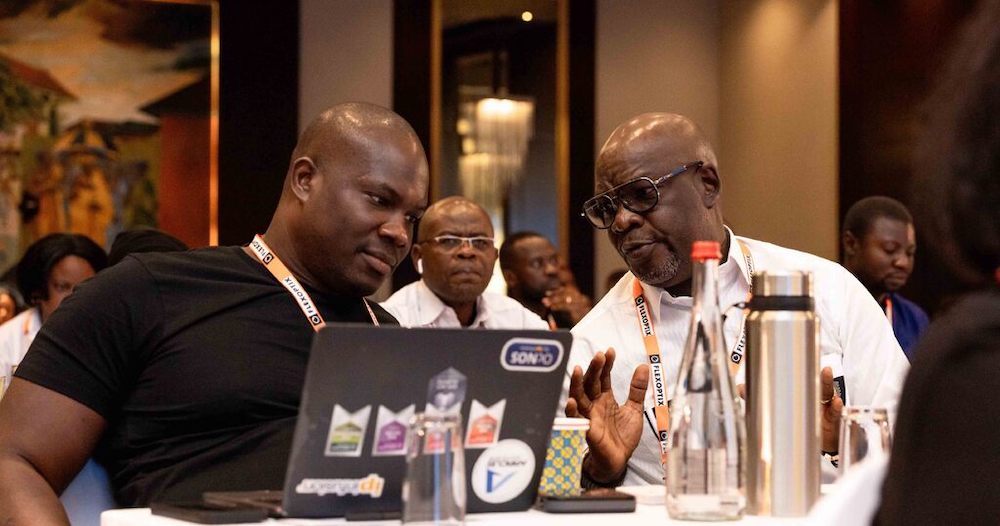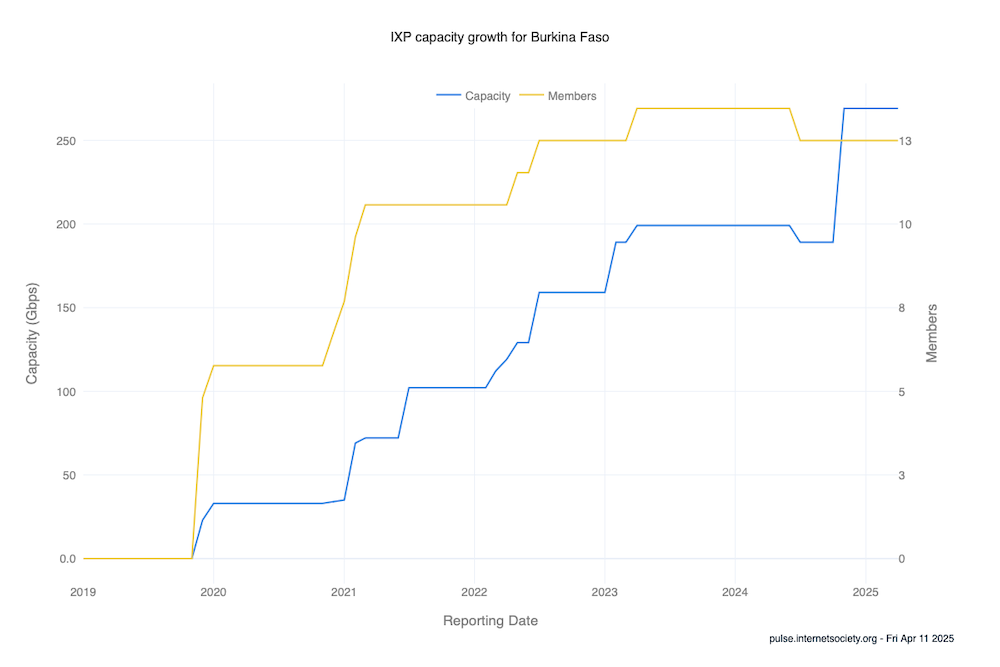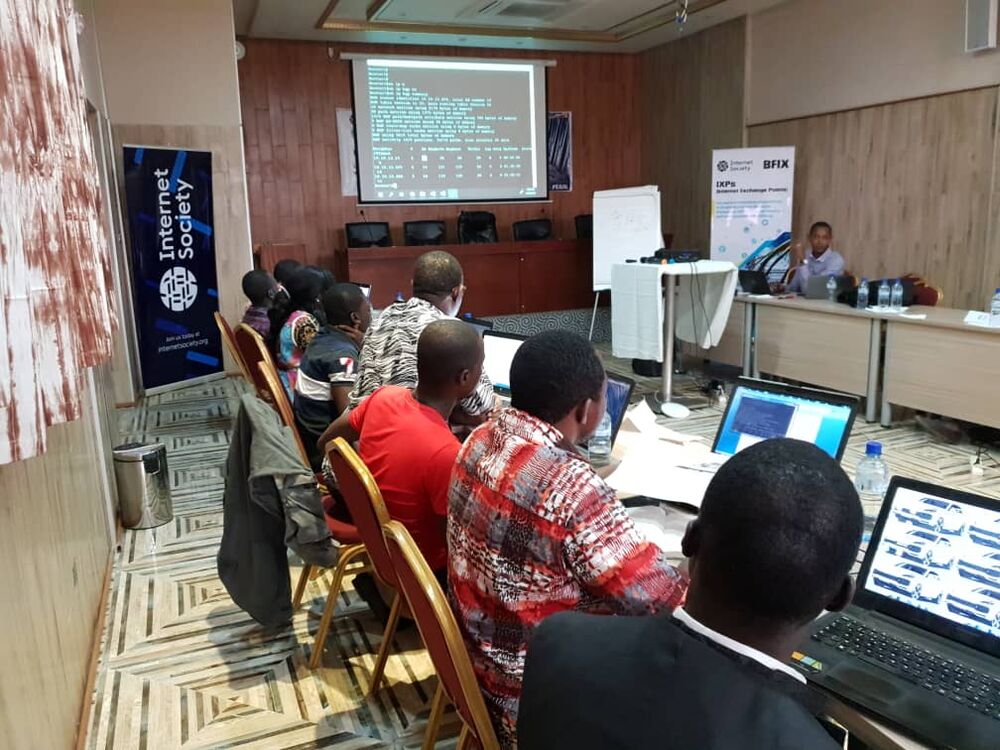Ten years ago, if there had been a submarine cable cut like the one that happened last year, most services in Burkina Faso would have been unavailable or hindered.
Things as simple as getting a paycheck in time through an online transfer might not work. Hospitals that hosted patients’ data abroad would not have access to their medical history, and even sending a work email would have failed. A lot of businesses that were managed through digital platforms tended to use online services from abroad, and would lose access to vital information to keep functioning. Everything could come to a halt.
At the time, Burkina Faso had no Internet exchange point (IXP). Instead, its Internet traffic had to travel to Europe and back through subsea cables, an arrangement that meant slower service, extra expenses, and risks. For example, whenever a subsea cable broke, Burkina Faso and other West African nations would lose much of their Internet access. The challenges and frustrations mounted until they could no longer be ignored.
Burkina Faso’s First IXP
The Burkina Faso Internet Exchange, or BFIX for short, started in June 2015, exchanging the first bits of data among peers such as telecommunications operators and the national agency in charge of promoting information and communication technologies.
“First, we conducted feasibility studies, secured funding, and got stakeholders involved. The next step was to implement the IXP in the public administration data center, form the IXP’s management body, and finally migrate the IXP’s infrastructure into the data center managing international access,” said Sylvère Dadioari, who oversees the government’s intranet and helped create the IXP.
In early 2019, to support the IXP infrastructure and community growth, Jean-Baptiste Millogo, BFIX executive director since 2018, reached out to the Internet Society’s then-Africa Regional Bureau for support to improve BFIX’s network design and implement IXP best practices.

In response, the Internet Society came to Ouagadougou to give a week-long training program for BFIX’s network engineers. This enabled the BFIX community to significantly improve its traffic capacity (from 0.5 to 6 gigabits per second at peak times), which enhanced service quality and cut costs for network operators. The Internet Society has further supported BFIX with a content delivery network cache fill grant and equipment through the Sustainable Peering Infrastructure funding program.
Empowering Local Businesses and Ensuring Resilience
Today, thanks to BFIX, entrepreneurs in Burkina Faso can host their data and services locally, safely avoiding problems in case there are disruptions in international networks.
“It’s more than just being able to watch higher quality videos without interruption. BFIX can empower local filmmakers to create and share their content locally. If a local entity or startup wants to build a local streaming service with films made in Burkina Faso, we now have the infrastructure to do so,” said Jean-Baptiste Millogo.

BFIX also protects Burkina Faso from the effects of subsea cable cuts. In March 2024, a suspected underwater rockslide off the coast of Côte d’Ivoire damaged four subsea cables supplying Internet service to West Africa. As a result, 13 countries in the region experienced either degraded service or a near-total Internet outage.
Because of BFIX, the cable cut didn’t significantly impact Burkina Faso, whose population could still access locally hosted content, while other nations had to wait up to two months for subsea cable repairs.
“The cable cut highlighted the need for local content and services,” said Jean-Baptiste. “Companies that are still using email services hosted elsewhere faced major disruptions and weren’t able to continue work. Meanwhile, all others that moved to locally-hosted providers didn’t even notice there was an issue.”
Bakénon Koné, another member of the BFIX team, explained their local experience in these words: “Without BFIX, nobody would’ve been able to access anything.”
A New Digital Landscape for Burkina Faso
Today, the digital landscape in Burkina Faso is quite different. “Having a local infrastructure is a game-changer,” said Jean-Baptiste. “It not only improves Internet speeds, enhances reliability, and brings down costs, but it also boosts Burkina Faso’s digital economy. Many small businesses that depend on an online presence, like video-game developers and e-commerce shops, have opened since BFIX launched, unlocking new potential for the owners and their communities. And with the new Burkina Faso branch of the web-based United Bank for Africa, these businesses can handle their banking remotely too.”

According to recent data from Internet Society Pulse, the traffic exchange capacity has grown constantly in the past five years, and over a quarter of all local networks are peering with one of the two exchange points BFIX currently manages.
Support from donors like you makes it possible for us to support local IXP infrastructure and bring more people online. Donate now.
Image © Mtcurado via Getty Images, © Internet Society, © Internet Society Togo Chapter, © D-WAY Production, © Internet Society Pulse

